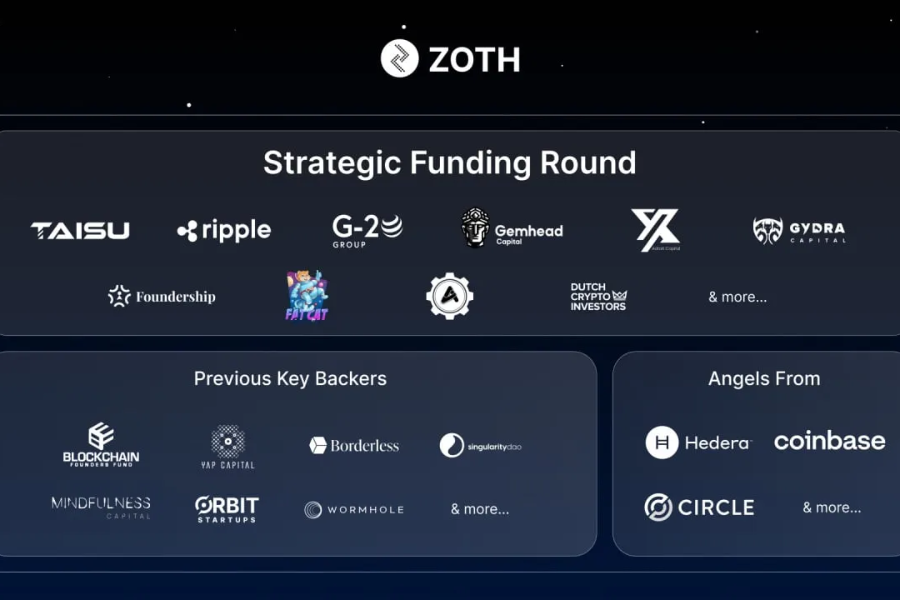Ensuring Data Accuracy: A Guide to Zoth Validations and Data Integrity
In the advanced computerized scene, associations across different areas depend vigorously on keeping up with elevated degrees of information trustworthiness. As we explore the data age, information has become one of the most significant resources for organizations. While the expression “Zoth approvals” may not be commonly known, it addresses an organized way to deal with guaranteeing the exactness and dependability of information. In this article, we will investigate what Zoth approvals are, their importance, strategies for execution, best practices, and future patterns in information trustworthiness the board.
What Are Zoth Validations?
Zoth approvals allude to a deliberate system intended to check and guarantee that information satisfies explicit guidelines of precision, consistency, and culmination. While the name “Zoth” may be new, the standards it typifies are relevant to information approval processes in any industry, whether it’s money, medical services, online business, or past. Fundamentally, Zoth approvals guarantee that associations can believe the information they depend on for direction, consistency, and building partner certainty.
The Importance of Data Integrity
Information uprightness is the affirmation that information stays exact, predictable, and dependable all through its lifecycle. This is essential because of multiple factors:
- Informed Direction: Associations depend on information to go with vital choices. Erroneous information can prompt off track methodologies, possibly bringing about unfortunate results.
- Consistence: Numerous ventures, particularly money and medical services, are vigorously controlled. Precise information is fundamental for meeting legitimate prerequisites and keeping away from fines or reputational harm.
- Building Trust: Partners — including clients, workers, and accomplices — need to believe the data they interface with. Reliable and precise information helps cultivate this trust and supports positive connections.
Key Components of Zoth Validations
Zoth approvals consolidate a few center parts that by and large add to guaranteeing top notch information:
- Information Precision: Guaranteeing that information reflects genuine circumstances precisely.
- Information Culmination: Confirming that all fundamental information focuses are available and represented.
- Information Consistency: Guaranteeing information stays uniform across different frameworks and stages.
- Information Practicality: Affirming that information is current and important when utilized.
Best Practices for Implementing Zoth Validations
To actually execute Zoth approvals and keep up with information trustworthiness, associations ought to follow these prescribed procedures:
1. Define Clear Validation Rules
The groundwork of powerful information approval is the formation of clear and explicit approval rules. This incorporates:
- Data Types: Define the expected type for each field (e.g., integer, string, date) to minimize errors.
- Range and Constraints: Set realistic ranges for numerical values (e.g., age between 0 and 120) and constraints for text fields.
- Format Requirements: Ensure data entries follow standardized formats, such as date formats or email structures, to maintain consistency.
2. Automate the Validation Process
Robotizing information approval can improve both speed and exactness, diminishing human mistakes. Computerized approval apparatuses can rapidly deal with huge datasets and distinguish mistakes progressively, making it simpler for associations to constantly screen and keep up with information quality.
3. Implement Multi-Level Validation
Zoth approvals are best when applied at various phases of the information lifecycle:
- Input Approval: Guarantee information meets predefined rules prior to being placed into the framework.
- Handling Approval: Approve information during handling to get mistakes before they influence yields.
- Yield Approval: Affirm that the last results are exact and steady with the planned information.
4. Conduct Regular Data Audits
Routine information reviews are essential to keeping up with information honesty after some time. Routinely surveying informational indexes, approval rules, and performing information purging (like deduplication and mistake revision) can assist with recognizing possible issues before they become critical issues.
5. Engage Stakeholders in the Validation Process
Partner inclusion is basic to adjusting information approval rules with authoritative requirements. Empowering input, offering instructional courses, and cultivating coordinated effort between divisions guarantees that everybody figures out the significance of information trustworthiness and adds to keeping up with it.
Advanced Validation Techniques
As information fills in intricacy, high level approval procedures, for example, AI, information profiling, and factual examination are turning out to be more predominant. These devices permit associations to distinguish oddities, anticipate potential information quality issues, and better comprehend the construction and nature of their datasets.
Documenting Validation Processes
Clear documentation of approval processes is fundamental for consistency and straightforwardness. Associations ought to track approval rules, methods, and review trails, taking into consideration compelling information move and cycle enhancement.
The Future of Zoth Validations
As information the executives keeps on developing, a few patterns are molding the eventual fate of Zoth approvals:
- Expanded Computerization: With the developing volume of information, mechanized approval devices will assume a pivotal part in keeping up with information quality.
- Continuous Information Approval: The ascent of enormous information and constant investigation will require ongoing approval cycles to guarantee information precision from the snapshot of passage.
- Information Administration Coordination: Information approval cycles will progressively line up with more extensive information administration structures to guarantee quality and consistency across all levels of the association.
- Information Morals: As worries around information security and morals develop, associations should guarantee their information approval processes maintain moral principles and administrative prerequisites.
Conclusion
Zoth approvals give an organized and viable way to deal with guaranteeing information respectability. By embracing best practices —, for example, clear rule-setting, robotization, staggered approvals, and standard reviews — associations can keep up with high information quality, settle on better choices, and reinforce partner trust. As information driven techniques keep on molding the fate of business, embracing the standards of Zoth approvals will situate associations for long haul outcome in a quickly developing computerized world.
Keep an eye for more news & updates on Blog Hunter!





